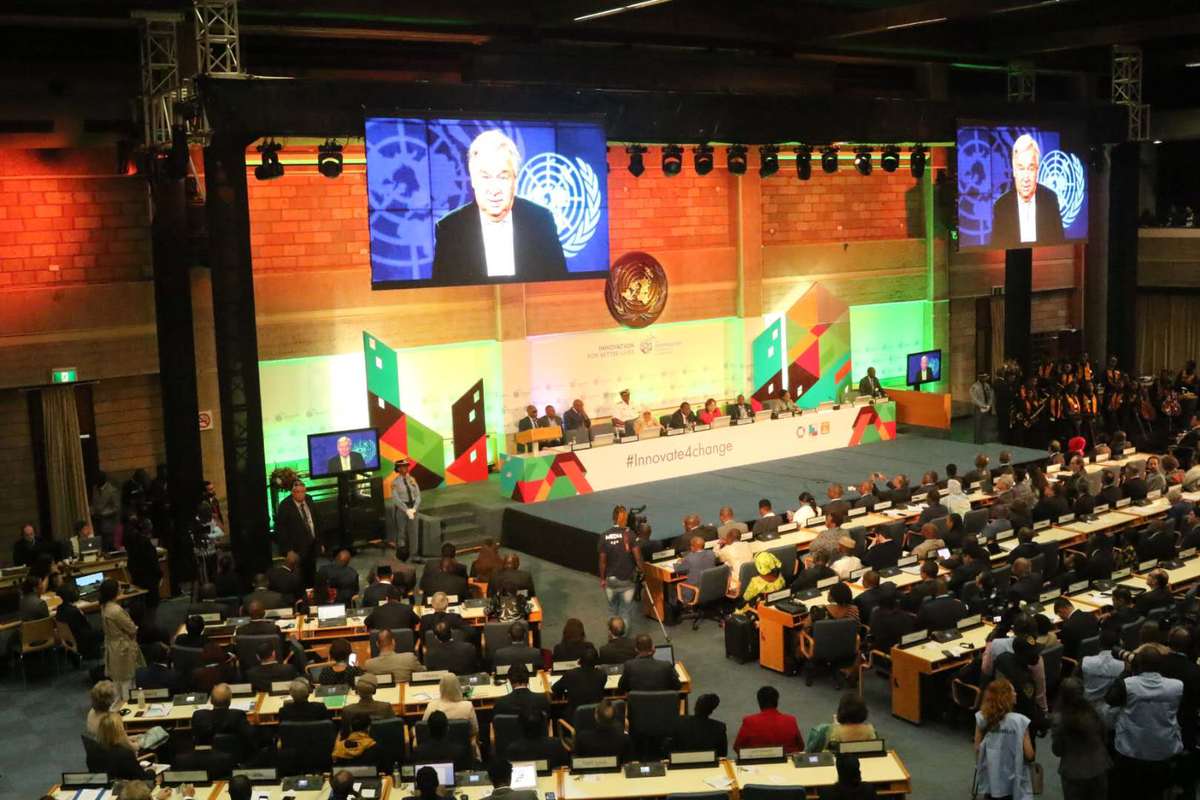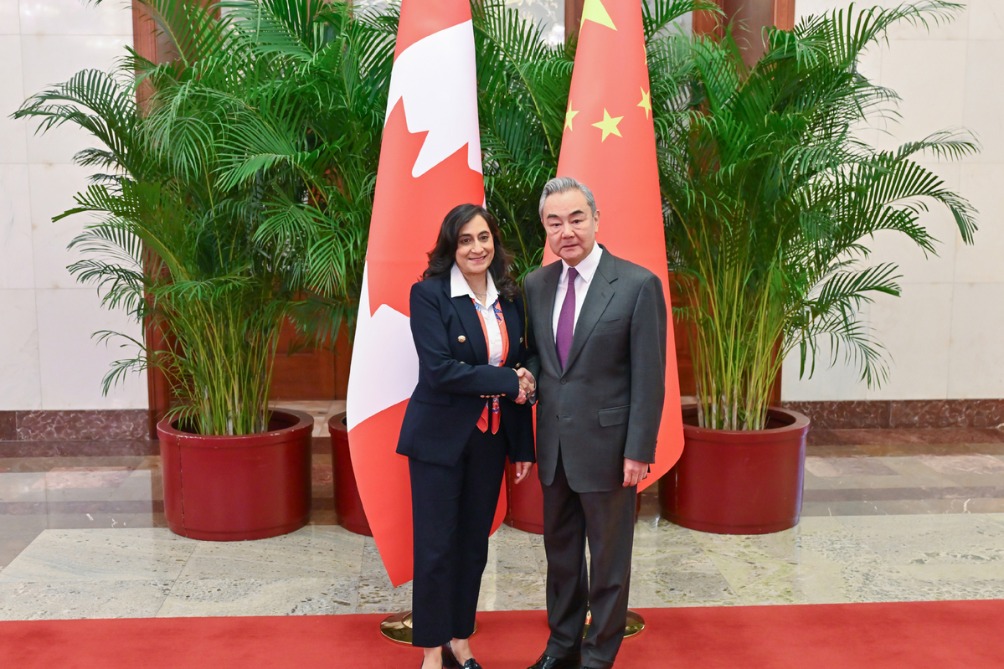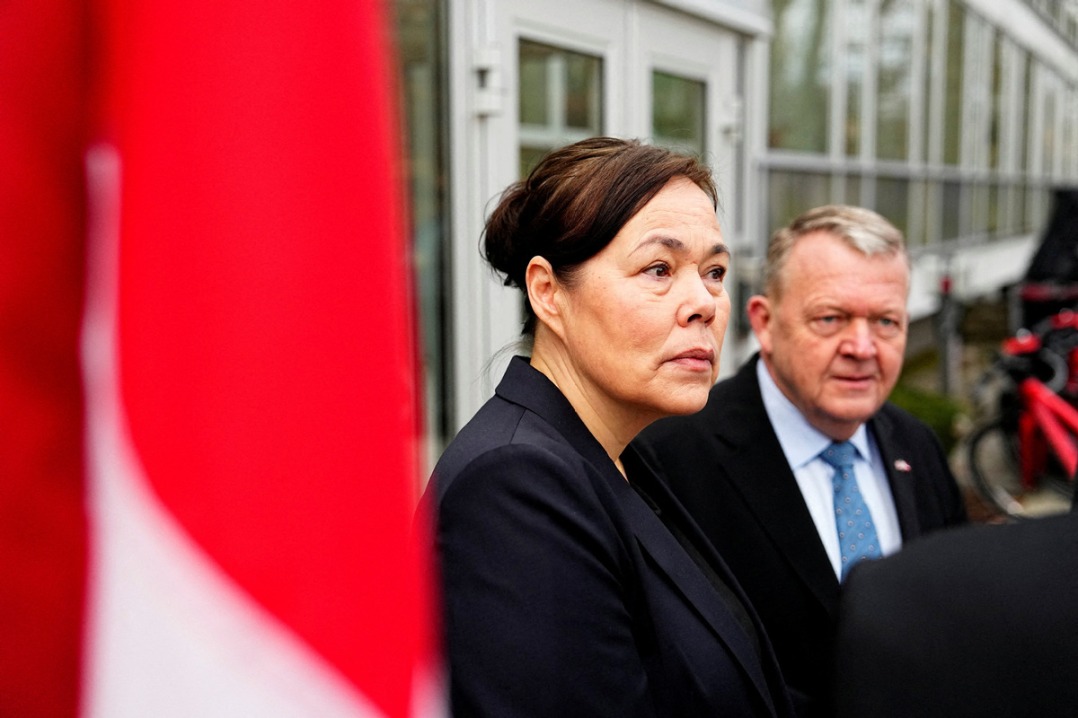UN-Habitat Assembly kicks off in Nairobi


The first session of the UN-Habitat Assembly kicked off on Monday in Nairobi, Kenya with a call for action towards sustainable urbanization and human settlements.
With more than 70 percent of the world's population projected to live in cities by 2050, keynote speakers expressed the need for innovation towards creation of combat, socially inclusive, better integrated and connected cities that would foster sustainable urban development and be resilient to climate change.
Uhuru Kenyatta, the president of Kenya, said societies are currently ill-prepared to plan effectively for rapid urbanization, resulting in proliferation of slums and informal settlements, urbanization of poverty and increased environmental degradation.
"Addressing these challenges calls for collective international action, informed by scientific research and technological innovations," he said.
The president called on UN-Habitat to explore strategic ways of transforming cities and human settlements into engines of economic growth and development in a sustainable manner.
Kenyatta said acceleration of the implementation of the New Urban Agenda was urgent and important.
The New Urban Agenda is an urbanization action blueprint for UN-Habitat and its partners in support of the 2030 Agenda on Sustainable Development, especially the 11th sustainable development goal that reads, "making cities inclusive, safe, resilient and sustainable".
Kenyatta welcomed the restructuring of UN-Habitat and called upon the established organs to re-engineer the institution and its processes to ensure that it delivers on its core mandate, as the lead agency in urbanization and human settlements.
UN-Habitat replaced the UN Governing Council, following the endorsement of a resolution by the United Nations General Assembly in December 2018.
The resolution established a new governance structure that upgraded UN-Habitat's status to a universal body and created a 36-member board, which will be elected during the session. The new structure is intended to transform UN-Habitat's governance, provide oversight and enhance UN-Habitat's efficiency and effectiveness in delivering its mandate.
Kenyatta requested strengthening of the UN-Habitat's organizational capacity and resource base through the new governance structure to enable it take up its role as a center of excellence, and a global leader in urbanization and development of human settlements.
"This will also enable the UN-Habitat to effectively deliver on the double mandate entrusted to it, as the designated focal point for sustainable urbanization and human settlements," he said.
Kenyatta assured UN-Habitat of Kenya's continued support to its activities, noting that the east African country will increase its contribution to UN-Habitat and Human Settlements Foundation Gains Account from $70,000 to $100,000 during the next annual budget.
Maimunah Sharif, the executive director of UN-Habitat, said the projection that 70 percent of the world's population will live in urban areas by 2050 means persistent and new development problems.
She noted that extreme poverty, socioeconomic inequalities, slums, social exclusion and marginalization, gender-based discrimination, humanitarian crises, conflicts, air pollution, climate change, and high unemployment will be increasingly concentrated in urban areas.
"Understanding the key trends in urbanization and how it will likely unfold is crucial to the implementation of the 2030 Agenda for Sustainable Development. It will also help reduce poverty and inequalities in cities and communities," she said.
Sharif called on the participants to strongly position sustainable urbanization at the center of their development priorities through deliberate efforts to implement the New Urban Agenda.
This is in addition to strengthening the urban governance structure and institutions, and by adopting integrated sustainable urban development policies and plans. There also is a need to implement impact-based projects and programs while strengthening the linkages between urban and rural areas, building on their existing economic, social and environmental ties.
Sharif said the world needs to leverage innovations to improve living conditions in cities. "Cities are the incubators of innovation, industry, technology, entrepreneurship and creativity. They drive national economies by creating prosperity, enhancing social development and providing employment," she said.
She asked the participants to adopt policy solutions that carefully promote science, technology and innovation in fulfilling the promises of the 2030 Agenda.
"We need to embrace new technologies, including using artificial intelligence, to support decision-making processes and to efficiently and inclusively deliver basic and social services that transform lives in cities," she said.
Sharif said technological innovations should support not only the rise of smart cities but also the emergence of livable cities.
"Life on earth is at stake. We have the ability and the means to make life better in the smallest village to the biggest city. It is my genuine hope that our efforts this week will contribute to long-term cooperation and decisive actions. Let us find the will to do what is right," she said.
Joyce Msuya, the acting executive director of the United Nations Environmental Program, said there is a need to fuel green and sustainable growth, protect the environment, ensure equality for all, and keep the social fabric of the communities intact.
"We need to build in circularity into the DNA of our urban systems. This means fundamentally rethinking how our cities function, from waste disposal and clean mobility to urban planning," she said.
Msuya said smart and sustainable urban planning represents a tremendous opportunity to reduce the strain put on the planet, while also improving the quality of the life for billions of people, especially in low-income countries, which will account for 90 per cent of the predicted urban growth.
She said adopting circularity and resource efficiency could reduce greenhouse gas emissions in some sectors by up to 99 per cent, while decreasing the cost associated with achieving the targets of the Paris Agreement.
Msuya said innovation should be embraced to ensure proper land utilization and retain agricultural land. She said innovation can help reduce operating costs, improve comfort and reduce strain on resources.
She said the quest for affordable, sustainable housing should be accompanied by an urgent need for clean cooling.
"The energy consumption of the cooling and heating sectors could be 33 times greater by the end of the century. We must be ready to meet the growing demand for cooling with smart, accessible technologies that improve people's lives without harming the planet," she said.

































